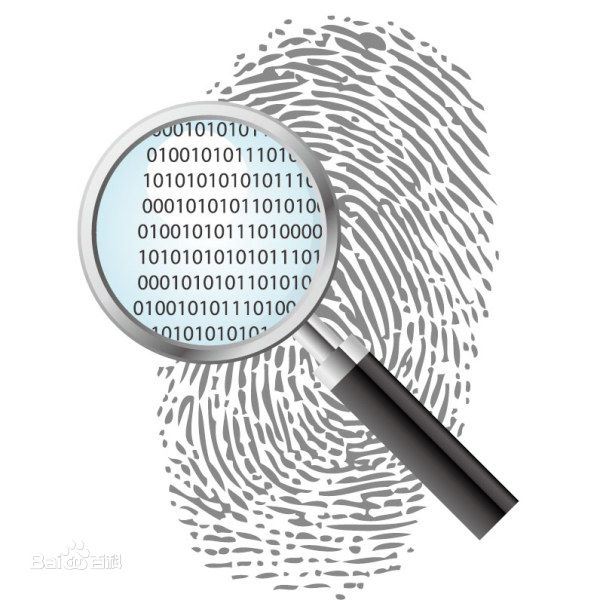An essential factor to achieve high accuracies in fingerprint recognition systems is the quality of its samples. Previous works mainly proposed supervised solutions based on image properties that neglects the minutiae extraction process, despite that most fingerprint recognition techniques are based on detected minutiae. Consequently, a fingerprint image might be assigned a high quality even if the utilized minutia extractor produces unreliable information. In this work, we propose a novel concept of assessing minutia and fingerprint quality based on minutia detection confidence (MiDeCon). MiDeCon can be applied to an arbitrary deep learning based minutia extractor and does not require quality labels for learning. We propose using the detection reliability of the extracted minutia as its quality indicator. By combining the highest minutia qualities, MiDeCon also accurately determines the quality of a full fingerprint. Experiments are conducted on the publicly available databases of the FVC 2006 and compared against several baselines, such as NIST's widely-used fingerprint image quality software NFIQ1 and NFIQ2. The results demonstrate a significantly stronger quality assessment performance of the proposed MiDeCon-qualities as related works on both, minutia- and fingerprint-level. The implementation is publicly available.
翻译:在指纹识别系统中实现高清晰度的一个基本要素是其样本的质量。以前的工作主要是基于图像特性而提出的有监督的解决方案,尽管大多数指纹识别技术都是基于检测到的细微粒,但忽略了细微提取工艺,尽管大多数指纹识别技术是以检测到的细微粒为基础的,因此,即使使用的细微提取器产生不可靠的信息,指纹图像也可能被赋予高质量。在这项工作中,我们提出了一个新概念,即根据细微检测信任度(MiDecon)来评估细微和指纹质量。 MiDecon可以应用到一个任意的深层学习提取器,不需要质量标签来学习。我们建议使用提取的细微粒的检测可靠性作为质量指标。通过将最高细微粒质量结合起来, MiDecon还可以准确地确定完整指纹的质量。在公开提供的FVC 2006 数据库上进行了实验,并与若干基准进行比较,例如NIST广泛使用的指纹图像质量软件NFIIQ1和NFIQ2。结果显示,拟议的微粒质量评估业绩大大加强。




